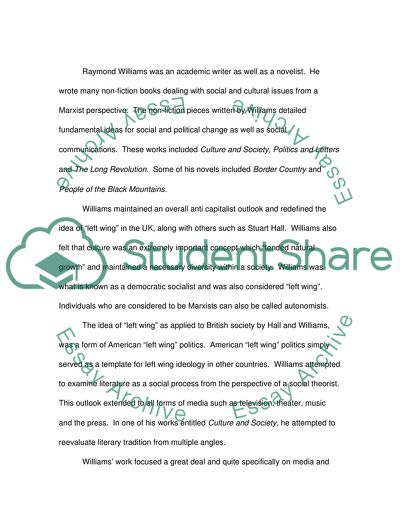Cite this document
(Social Change in the Contemporary Society Essay, n.d.)
Social Change in the Contemporary Society Essay. https://studentshare.org/social-science/1713877-essay-on-social-change-and-contemporary-society-3000-words
Social Change in the Contemporary Society Essay. https://studentshare.org/social-science/1713877-essay-on-social-change-and-contemporary-society-3000-words
(Social Change in the Contemporary Society Essay)
Social Change in the Contemporary Society Essay. https://studentshare.org/social-science/1713877-essay-on-social-change-and-contemporary-society-3000-words.
Social Change in the Contemporary Society Essay. https://studentshare.org/social-science/1713877-essay-on-social-change-and-contemporary-society-3000-words.
“Social Change in the Contemporary Society Essay”. https://studentshare.org/social-science/1713877-essay-on-social-change-and-contemporary-society-3000-words.


